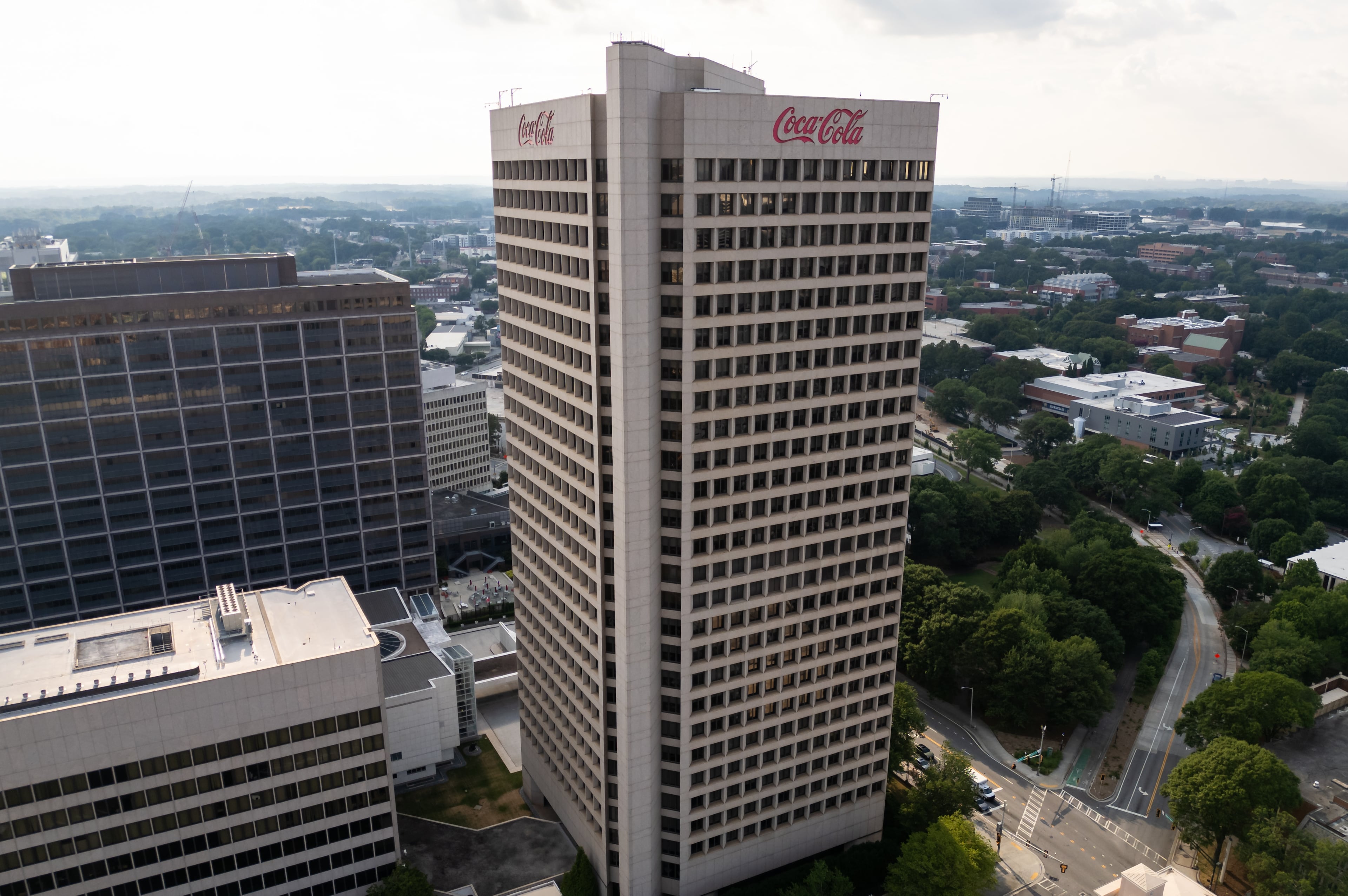Airport’s ride-share plan back on runway
Ride-share plan
Highlights of the city’s latest plan to allow and regulate ride share pickups:
— Ride-share pickups become legal, ending threat of ticketing at curbside
— $1.50 per ride fee, same as with taxis
— Drivers will wait for customers in designated area
— Ride-share vehicles must display a decal
— Drivers can be screened by private background checks
The city of Atlanta plans to legalize pickups by Uber X and Lyft at Hartsfield-Jackson International Airport and set up a ride-share assembly area — while nixing an earlier airport proposal to require fingerprint-based background checks for drivers.
The proposal this week from Atlanta Mayor Kasim Reed’s administration would allow ride-share services to use private background checks as an alternative to fingerprint checks. The same would apply to taxi drivers.
If approved, the plan would end more than a year of confusion about ride-share pickups at the world’s busiest airport. The city contends pickups are now illegal but many fliers are unaware and some Uber and Lyft drivers make pickups anyway amid spotty enforcement by airport police.
The earlier plan to legalize and regulate pickups stalled after Uber and Lyft objected to fingerprinting requirements.
The Atlanta city council transportation committee will take up the revised plan Wednesday. Yolanda Adrean, who chairs the panel, called the proposal an “attempt at leveling the playing field and providing customers with a variety of choices.”
In addition to allowing private background checks, the city would charge a per-ride fee of $1.50, which it already does with taxis. It’s unclear how much the fee would raise but an Uber executive has said the company “does thousands and thousands of trips a day there, as does Lyft.”
The city would also limit the age of both ride-share vehicles and cabs that pick up at the airport, and it plans to collect a permit fee from each ride-share company of $50 per vehicle, up to $100,000 annually.
Also in the city’s proposal are plans for a ride-share assembly area — drivers would not be allowed to wait in the airport cell phone lot and would be required to display an airport decal.
The proposal comes after the city of Atlanta spent more than a year weighing how to legalize and regulate Uber and Lyft pickups at the airport.
In March 2016, Hartsfield-Jackson's then-general manager, Miguel Southwell, introduced a proposal that included requiring fingerprint-based background checks of all ride-share drivers.
That measure generated strong opposition from Uber and Lyft, which contend such a rule is cumbersome and would hurt their ability to recruit drivers. They also contend their own private background checks are adequate.
Both ride-share companies threatened to not serve the airport if fingerprint requirements went into place.
Southwell was later fired by Reed, whose administration began to rework the ride-share rules.
Hundreds of cab drivers and Uber and Lyft drivers have shown up at previous city council meetings and work sessions on the issue.
Uber is “taking business from us left and right,” said Sharmarke Yonis, a taxi driver who represents cabbies. “We need to have an equal opportunity.”
If the transportation committee approves the measure, it would then go to the full council for a vote. It could be a few months before the rules would take effect.
Despite the current prohibition and occasional ticketing of ride-share drivers by police, Adrean noted that Uber X and Lyft have been picking up passengers from the airport “at will.”
“The public wants this service,” Adrean said.
Uber spokeswoman Evangeline George said the company looks forward to the meeting Wednesday, and Lyft spokesman Adrian Durbin said his company is “pleased with the progress” on the issue.
Factoring into the fingerprinting issue has been a legal question of how much the city is limited by a new state law passed last year that governs ride-share operations.
Katrina Taylor Parks, Reed’s deputy chief of staff, has said that the state law “specifies that we have to accept” either fingerprint checks or private background checks.
Others, including senior assistant city attorney Amber Robinson at a work session in June, have argued that the airport has the authority to “set forth stricter regulations regarding the background checks and to mandate one over the other.”



